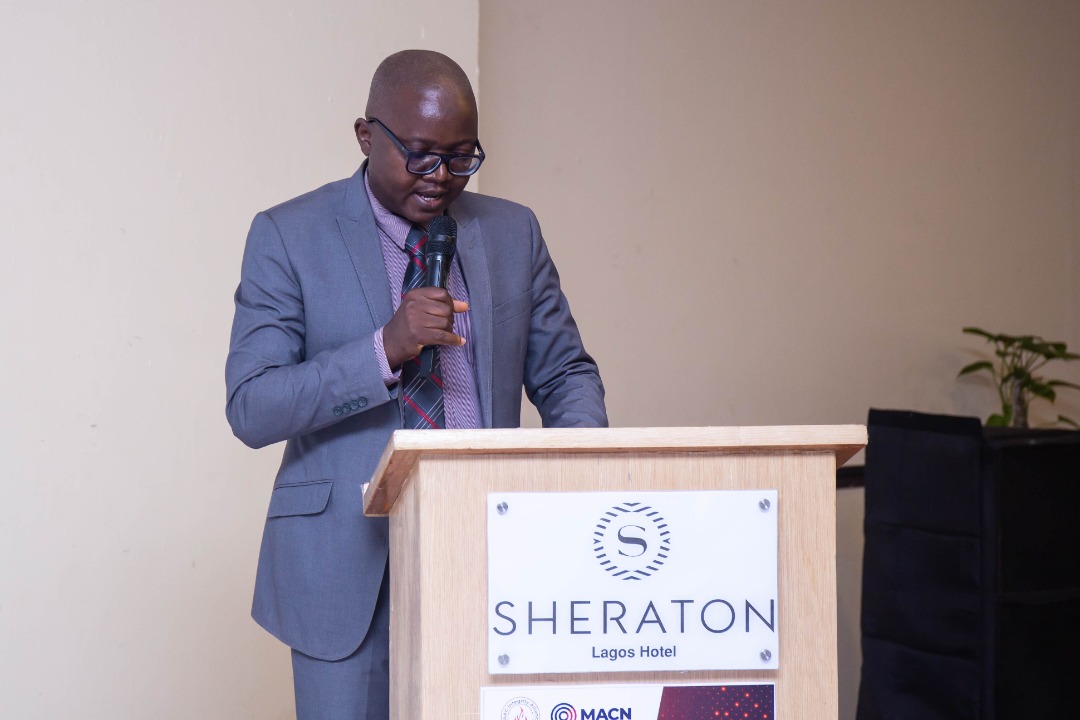‘Start with the end in mind’. Steven Covey.
When the Honorable Chairman of the Independent Corrupt Practices and Other Related Offences Commission (ICPC), Professor Bolaji Owansoye, SAN, and the board decided to institute a novel initiative of ensuring accountability and transparency in the implementation of Zonal Intervention Projects (ZIP), they already had in their minds, the achievable outcomes. The initiative was instituted with particular attention on federal government’s funded projects in the education, water resources, agriculture, power and health sectors, starting from 2015 appropriations. The outcome of the tracking exercises were quite revealing, mainly due to ICPC’s doggedness to engender good governance and accountability in the implementation of government projects.
The novel initiative called Constituency and Executive Projects Tracking Group (CEPTG) is, broadly speaking, to facilitate good governance, transparency and accountability through proper implementation of government projects across the country, in line with the Commission’s preventive and enforcement mandates.
Therefore, a compass that encapsulates planning, projections, and the empaneling of a team of expert trackers to achieve the set goals that will impact on the well-being of the people was designed. A steering committee to pre-select projects for tracking was set up by ICPC for easy coordination and quick results. The committee is composed of professional bodies, relevant government ministries and departments, and non-state actors, notable civil society organizations, grassroots community development associations, investigative journalists, as well as the mainstream media.
The specific objectives of the initiative included but not limited to: investigation of fraudulent procurement practices in the award of contracts for constituency/executive projects; monitoring the implementation of the projects from inception to completion; and making recoveries on projects/contracts confirmed to have been inflated or in which contractors under-performed or did not perform at all, among others.

So far, two phases of the tracking exercise have been conducted in 28 states while preparation for the commencement of the third phase is in top gear. The outcome of the phase one tracking exercise in terms of awareness created, recoveries made, and the impacts on Nigerians, generated so much public goodwill and reactions such that the Commission decided to upscale the phase two tracking exercise. Thus, the scope was widened to include projects that were being executed by the executive arm of government. The inclusion of executive projects significantly raised the number of projects selected for tracking to 822, cutting across 16 states of the federation.
The outcome of the tracking exercises were positive with regards to the Commission’s desire to engender value for money in government projects implementation and sustaining impactful governance within the local level. It afforded the people at the grassroots opportunity to demand accountability and transparency in governance. Other key performance indicators of the initiative included provision of physical infrastructure, such as primary school classroom blocks, primary health care facilities, boreholes, market stalls for the communities, empowerment of the constituencies as well as the recoveries of billions of funds, hitherto mismanaged into government coffers.

Aside the diverted funds, which were recovered or completed projects hitherto abandoned by contractors, the outcome of phase one was a mix bag of revelations. The tracking exercise revealed lots of mismanagement of funds and the non or shoddy execution of projects that would have had greater impacts on the lives and well-being of the people if they were executed to specifications. Out of 524 projects under the first phase, 195 were education projects, while 46 were from the health sector. The implication of diversion or mismanagement of public funds meant for development purposes is that communities are being short-changed and unable to access life’s changing social services, thereby deepening poverty level, increased diseases, heightened ignorance, spiraled criminality and social unrest in the society.

Part of the success recorded by the Commission in the healthcare delivery system through the tracking activities was that contractors quickly revisited abandoned or poorly executed projects, thereby achieving improvement in the healthcare delivery capacity of the affected hospitals and the communities.
In addition, findings under the phase two exercise revealed that there were projects sited on private properties of the sponsors or their cronies – breaching Procurement Act 2007, using personal companies to execute government projects, passing off or round tripping of projects, converting projects vehicles to personal property, and lack of needs assessment before projects are sited.
Furthermore, the exercise uncovered lack of synergy between outgoing and incoming legislators, such that projects initiated by the former are abandoned by the later. Another shoddy dealing uncovered was collusion between sponsors’ aides and contractors to defraud Nigeria and contract over-invoicing.
Other key findings of the second phase exercise was that despite the annual appropriation of N100 billion for constituency projects, some projects were duplicated in the mandate budgets of some Ministries, Departments and Agencies (MDAs) as constituency projects. This, did not only fuels corruption, but it also distorts national planning, leading to poor and inefficient budget performance.
Phase 2: Cumulative Savings for Government

It is gratifying to note that not all findings were negative. Several projects were found to have been well executed to approved specifications. Regarding procedural and process improvement, some agencies hitherto indicted in phase one, had since improved on their processes by designing measures that ensured better transparency in the implementation of projects.
As government funds and assets are being recovered, and contractors are moving back to sites through the Constituency and Executive Projects Tracking initiative, the general public is assured that the Commission will not rest on its laurel until the objectives of the exercise of improved service delivery to the people, value for money in the implementation of government projects, and improved opportunities to attain Sustainable Development Goals(SDG), were achieved. While the Commission continues to track government projects across the nation, all lawful measures will be employed to punish infractions discovered.
Jimoh Oladapo Sulahiman is an Assistant Commissioner, Executive Projects, Independent Corrupt Practices and Other Related Offences Commission (ICPC)


